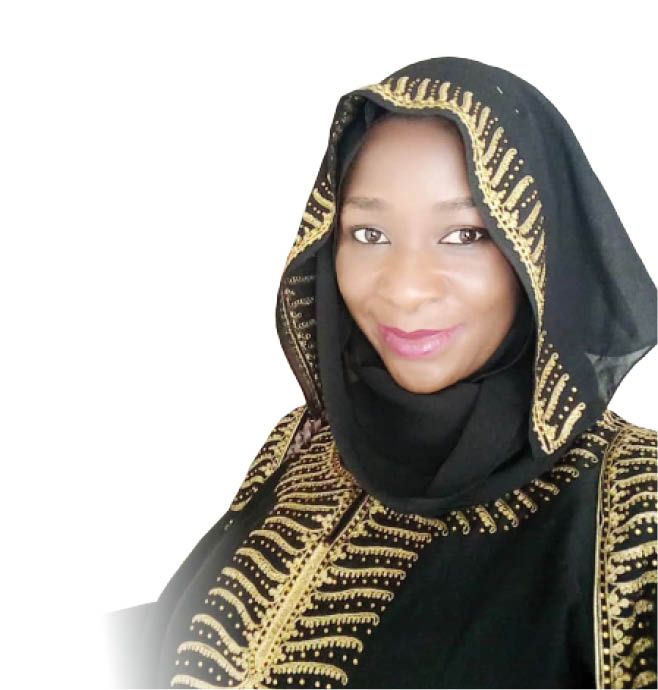Scientist makes case for alternative study animal models
A scientist has called on Nigerian students and researchers to consider alternative study animal models, including flies, worms and fish, in their work. Khadijat Abubakar Bobbo, who has a master’s in human anatomy, told Daily Trust Youthville that imbibing such practice would help them avoid international ethical issues. She pointed out that avoiding the use […]

A scientist has called on Nigerian students and researchers to consider alternative study animal models, including flies, worms and fish, in their work.
Khadijat Abubakar Bobbo, who has a master’s in human anatomy, told Daily Trust Youthville that imbibing such practice would help them avoid international ethical issues.
She pointed out that avoiding the use of non-human primates (NHPs) would also reduce the chances of contracting viruses spread by bodily fluids of animals.
“It will aid in attaining the international standard in conducting research as many journals shy away from higher animal samples or models,” she said.
She noted that using alternative study animals shorten time spent before research result phase.
“Instead of taking about three to four years of getting an epigenetic/family generation studies, it can take less than six months in alternative models depending on the species of interest,” Bobbo said.
Ethical issues abound on the use of NHPs in research involving scientific procedures which may cause pain, suffering, distress or lasting harm.
The NHPs are among the most extensively studied of all animals. They are used in biomedical and biological research, pharmacology and toxicology, because they have physiological and psychological similarities to humans.
In Nigeria, rats and mice are the commonly used NHPs.
The Scientific Committee on Health and Environmental Risks (SCHER) opined that animals should only be used in medical research when it is unavoidable and validated alternative methods are not available.
Khadijat who is currently working on a PhD in genetics said scientists can work with small fruit flies, nematodes and zebrafish.
“These models have been proven efficient with large percentage of similarities to human genetic materials and disease condition. They produce offspring in large quantities with short life cycles,” she explained.
Apart from the ethical issues, the use of NHPs heighten the risk of outbreaks of zoonoses—diseases that affect both humans and animals, like Lassa fever and lately coronavirus.
She enumerated “increasing cost of rats in Nigeria for both student and academic researchers” and “the possibility of accidental mutation in the rat genetic materials due to poor environmental conditions” as some of the reasons to use alternative models.
Bobbo is a fellow of the African Science Literacy Network, ASLN.
